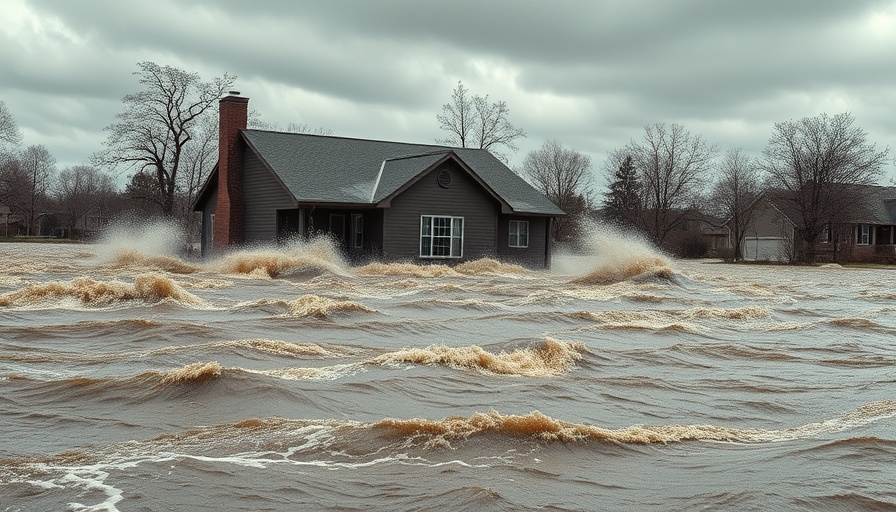
Understanding Involuntary Immobility: A Growing Crisis
As climate change escalates, many communities face devastating impacts, yet some are unable to escape high-risk areas. A new study sheds light on this complex issue, focusing on populations labeled as ‘involuntarily immobile’. These individuals often reside in informal settlements, refugee camps, or impoverished urban regions, encountering significant barriers that prevent them from migrating to safer locations.
The research, conducted by a diverse team of scientists, emphasizes that those unable to flee climate threats—such as heatwaves, droughts, and flooding—are often the most vulnerable. Cultural, legal, and economic impediments compound their struggles, leaving them exposed to dire conditions.
Real-Life Impacts of Climate Change on Vulnerable Populations
One striking example highlighted in the study is the plight of nearly 1 million Rohingya refugees in Bangladesh. Since fleeing from violence in Myanmar, they find themselves situated in overcrowded camps with limited resources and heightened exposure to environmental hazards. Their story is just one of many illustrating the urgent need for tailored policies that recognize the unique challenges faced by trapped populations.
Formulating Effective Policies for Those Left Behind
Addressing the needs of these communities is crucial. The researchers propose several recommendations, including:
- Identifying specific drivers of involuntary immobility and ensuring marginalized populations are represented in data collection.
- Conducting thorough reviews of how affected communities can adapt or relocate, and assessing the impact of climate change in their current settings.
- Establishing a global support mechanism to assist those unable to migrate.
Such systemic changes are necessary to develop effective strategies that both mitigate disaster risk and empower vulnerable populations to thrive amidst the challenges posed by climate change.
Creating Pathways for Sustainable Living
For residents in Seattle, this topic resonates closely with local climate initiatives aimed at ensuring a sustainable future. As we take steps toward reducing our own environmental impact, it’s equally vital to advocate for those who can't leave their high-risk zones. By fostering awareness and supporting policies that promote mobility and resilience, we can contribute to a more equitable global community.
Take Action: Support Sustainable Policies Today
Climate change is not just an abstract concern; it’s a pressing reality for many. By engaging in community discussions, supporting sustainable policies, and advocating for the most vulnerable, we can drive meaningful change. Let’s come together to ensure everyone has the opportunity for a safer future.
 Add Row
Add Row  Add
Add 




Write A Comment